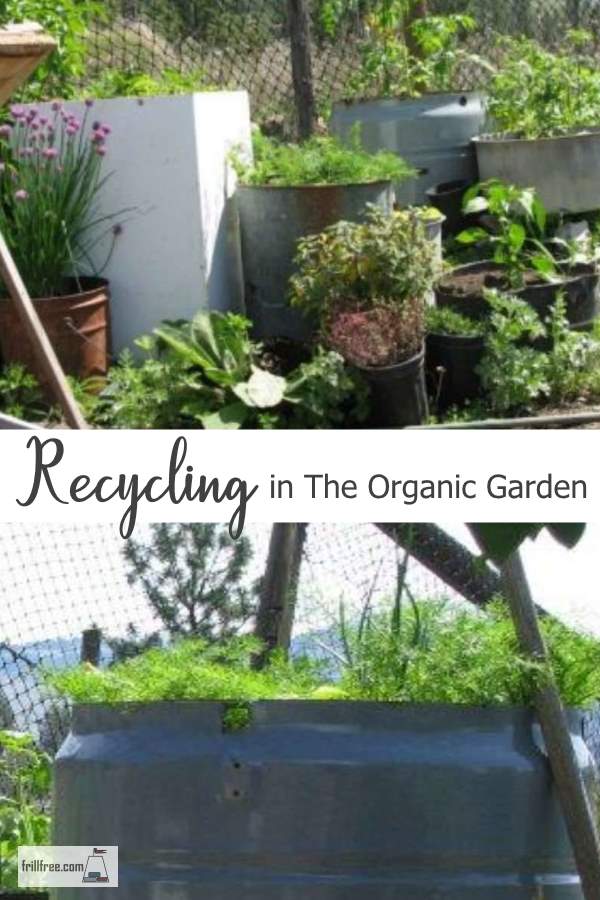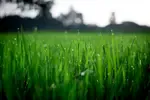- Homesteading
- Frugal Gardening
- Recycling In The Garden
Recycling in The Organic Garden
Re-Use and Re-Purpose; Frugal Gardening
It’s not just about growing pesticide free vegetables for your family; it’s about saving the earth too.
Recycling never was so popular; it’s almost an essential part of decreasing your carbon footprint, and being frugal too.
Keeping it on the cheap is an important part of keeping your budget for food under control.
There are lots of ways to garden without breaking the bank, don't let anyone tell you otherwise. And it doesn't have to be restricted to Earth Day - it can be a year round thing!
Composting kitchen scraps, fall leaves and animal manure is a way to make your own fertilizer.
Weed control is as simple and non-harming to the environment as putting a few layers of newsprint or cardboard in the pathways, and making your own trellises and support for vines is easy with the help of some twigs.
Keep your eyes peeled for thrift store finds like sheer curtains, old blankets or glass jars for cloches. Even old sheer curtains from the thrift store come into play as pest protection and for those chilly shoulder season nights.
Here are a few ways that I’ve found of recycling
and re-using in the organic garden:
- Lumber wrap is a cheap and usually free way of killing weeds and protecting the wood sides of your raised bed gardens.
You can have it free for the asking at most lumber yards, as all their dimension lumber comes wrapped in this single use product.
It’s woven like a thin tarp, which is stapled on to the bundle of timbers.
It’s waterproof and usually a solid color on one side (preferably black, but other colors of brown or tan are common too - black is most effective for smothering weeds).
The other side is usually printed with a logo and name of the mill where the lumber came from, but sometimes you can find ‘misprints’ which are plain.
I use the black to line compost bins, especially those which will be planted with heat loving vegetables like squash, tomatoes or peppers.
If you buy your soil in large plastic bags, use those to grow your potatoes in.
No space goes unused in my garden!
You can also use it for walkways, covered with some kind of free mulch (grass clippings, make sure these are thoroughly dried first; chopped leaves, old hay, sawdust) to kill off the weeds.
Worms love these conditions, but so do slugs, so watch that you haven’t provided a safe haven for our little mollusk friends, and keep in mind that it's slippery when icy or wet - always cover it with something to give better footing.
- Recycling lumber found in pallets, construction sites and so on can give you free garden beds.
Stay clear of any treated lumber as it’s toxic.
Creosote covered railway ties, green or blue chemically treated lumber are common in landscaping – don’t make the mistake of using them in your organic garden.
- Any kind of large container can be used for growing vegetables in; main requirement, a drainage hole.
Look for old wheelbarrows, half whiskey barrels, Rubbermaid plastic tubs, discarded bathtubs, or even washing machine tubs.
These are perfect for making a raised garden for a disabled person, as they can use a stool close by to sit on to care for the plants.
Old windows? These make a great cold frame!
Think outside the box, and see what useful and interesting methods you can find for creating a frugal (and interesting!) organic garden.















